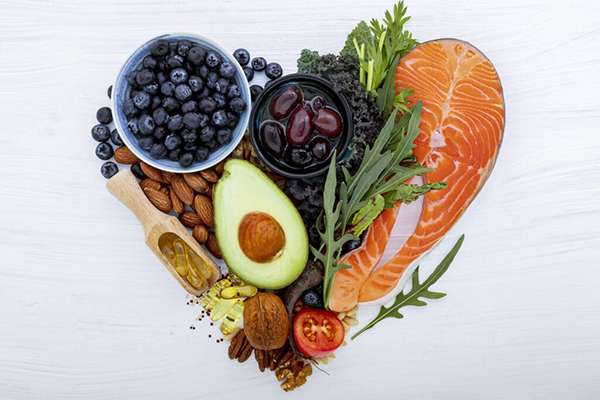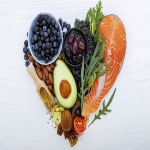
If you have a gastrointestinal problem, you are not alone. The National Institute of Diabetes and Digestive and Kidney Diseases reports 70 million people in this country to have one or more digestive illnesses. They suffer from everything from acid reflux to colorectal cancer.
Diet is an important part of managing your digestive health. Consider some foods good for gastrointestinal issues.
Follow Your Doctor’s Recommendations
First and foremost, you should always follow the diet recommendations of your doctor. No two people are alike, and you may have specialized dietary needs that someone else doesn’t. If your physician has you on a restricted diet, that is the one to follow.
However, there are foods that someone not on a restricted diet might try to promote healthier digestion and avoid some common gastrointestinal pitfalls.
Whole Grains
Now is a good time to replace refined carbohydrates like you find in white rice or bread with whole grains. Whole-grain foods such as brown rice or whole-wheat bread provide extra fiber, which helps clean out the intestinal tract. Bacteria in the gut also ferment fiber in a way that encourages the proper functioning of the cells lining the colon, and that has a huge impact on your immune system health.
Anything Green and Leafy
That would include spinach, lettuce, and kale. Green leafy foods are also an excellent fiber source to keep that intestinal tract clean and functioning well. You find these foods rich in nutrients like vitamins A, C, and K.
Low-Fructose Fruits/h2>
Most kinds of fruit are a good nutritional choice, but you want to avoid fructose, the sugar in fruits, if you are prone to gas. So swap out the grapes and mangos for foods lower in fructose, such as:
- Bananas
- Apples
- Pears
- Citrus fruits
Also, avoid dried fruits and planktons.
Embrace the Avocado
The avocado is a superhero in the world of foods good for gastrointestinal issues. It is what nutritionists call nutrient-dense because it is packed full of fiber and essential nutrients. It also promotes healthy digestion without causing gas.
Lean Protein
Finally, look for lean protein sources, especially if you have some kind of bowel sensitivity, such as IBS. Certain foods cause the colon to contract. Red meat and fatty, fried foods are good examples. Instead, look for leaner options like grilled chicken or fish. You can also consider losing the meat altogether and getting your protein from nuts, peanut butter, seeds, and Tofu. It may take a little trial and error to determine what kind of diet works best for you.
Make sure to see a gastroenterologist if you are experiencing certain digestive issues such as:
- Blood in the stool
- Nausea and vomiting that does not go away
- Unexplained weight loss
- Chronic fatigue or weakness
These can be symptoms of conditions that require medical diagnosis and management.
The Allied Digestive Disease Center team strives for excellence in gastroenterology, hepatology, and nutrition services for those in North Houston and the surrounding area. Give our office a call today to set up an appointment.

